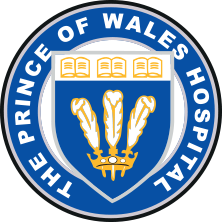Fellowship Exam
WELCOME TO THE FELLOWSHIP EXAM
If you are currently at the stage of your training where you are about to embark on studying for the fellowship exam, this is where you will find a wide range of resources to help prepare you for this seemingly mammoth task.
First of all there are a few tips that I have picked up along the way both from my own experience and through speaking with others. Ultimately everyone finds their own way of studying and preparing for this exam, but here is some advice for achieving fellowship success.
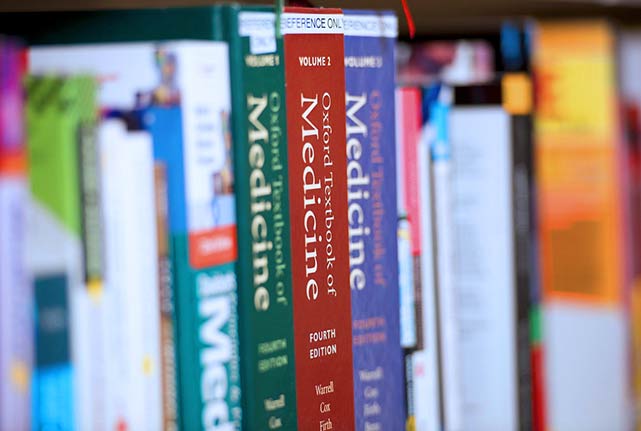
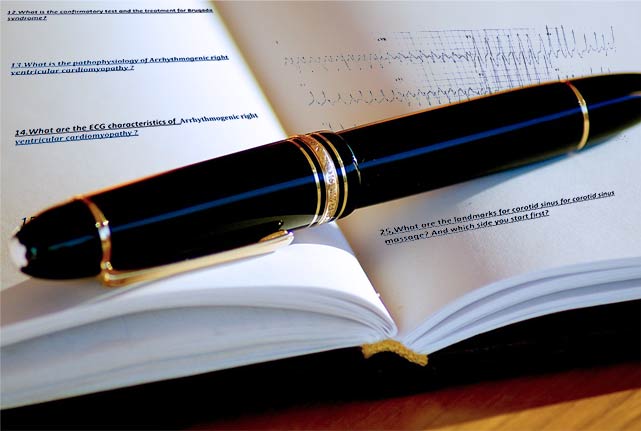
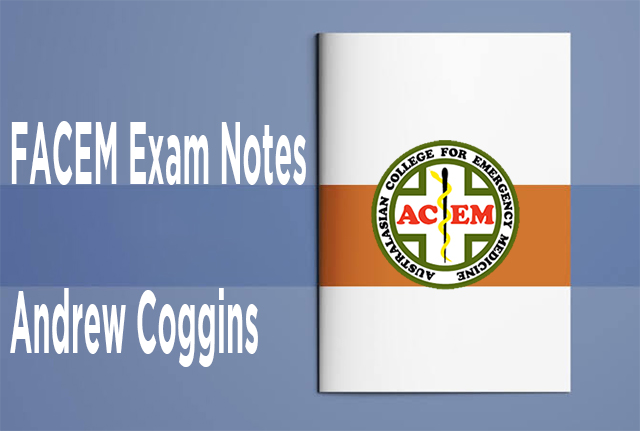
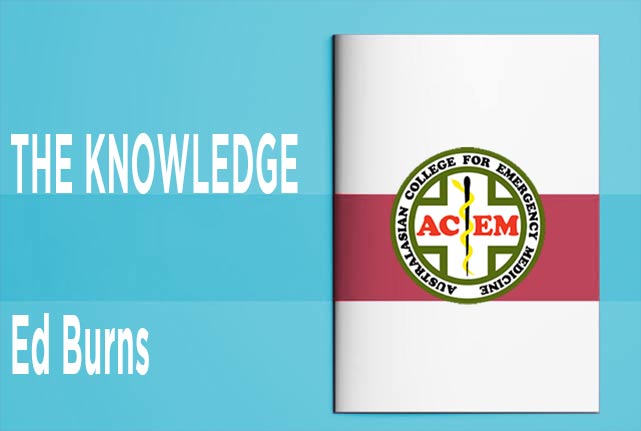
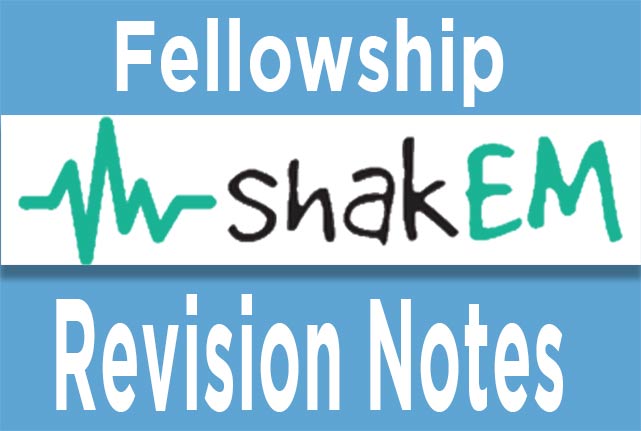

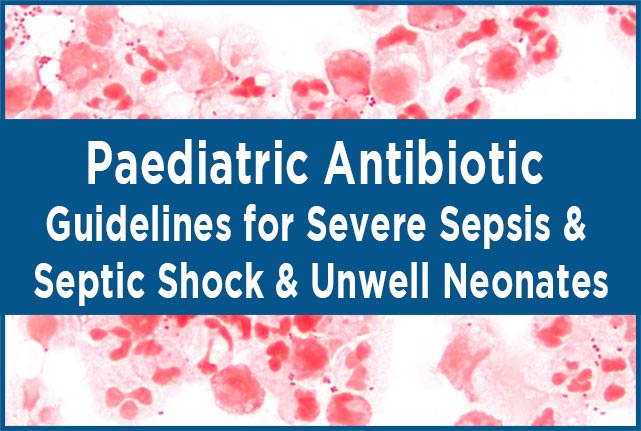
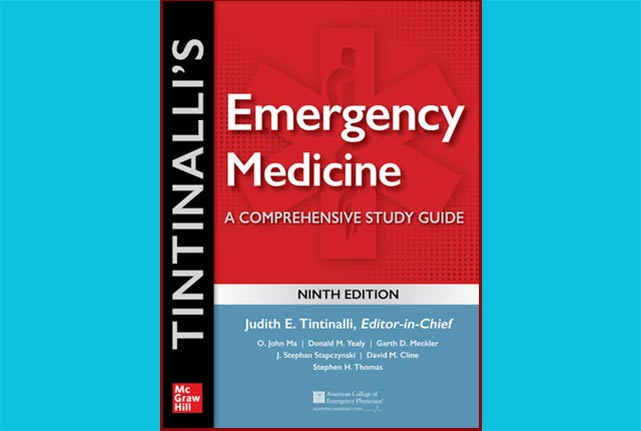
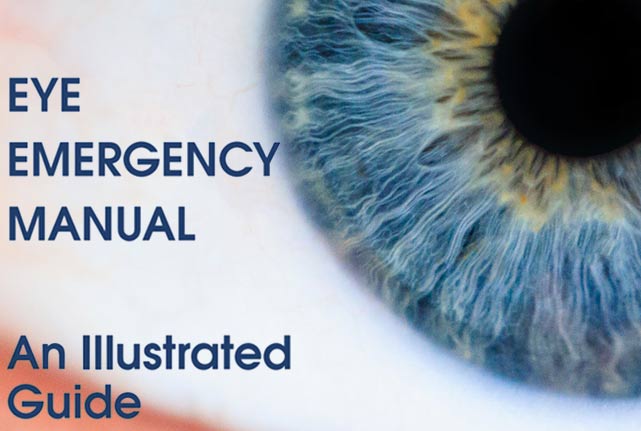
Very few of us are capable of passing this exam whilst maintaining an active social life/going out every weekend. Unless you are one of these lucky few, you need to commit to 12 months of solid study, otherwise you are almost certainly going to fail. This is not an exam you can just “give a go” or go into half hearted. Don’t underestimate the effect of failing on your confidence/self-esteem as a clinician.
People have different opinions about the benefits of working whilst studying. I found that continuing to work full time provided me with more structure for my days off, whereas those who went 0.5/0.75 often found they wasted days off as there was no ‘time pressure’. It is up to you, but make sure you discuss this with your DEMT as early as possible to enable them to account for this with the roster.
Make sure you plan ahead: look at the dates of all of the NSW Fellowship days, courses, mock exams and ask for those days off in your term requests. You don't want to be trying to change shifts or turn up to a mock exam/study day after an evening/night shift. Don’t be the person trying desperately to swap a shift last minute for a study day that was publicised 6 months in advance.
Sign up for the NSW Fellowship mock exam early/as soon as it opens. It's a full day exam just like the real thing, with an SAQ paper in the morning and an MCQ in the afternoon. The first 50 get their papers marked so you want to be one of them. Examiners I have spoken with have said that those who achieve a good pass in the NSW trial exam will often go on to achieve fellowship success.
Don’t underestimate how much this process will impact on those closest to you. It puts a big strain on relationships and you need to plan for this aspect of the process too.
Speak to your partner/family about what this is going to involve. If they are not medical, they will have no concept of how much this exam takes over your life, so it’s a good idea to talk to them up front about how much commitment & sacrifice is needed.
Try to plan date nights etc in advance so that you both have something to look forward to.
Get your textbooks early: People have different opinions about which of the main texts are best. My best advice would be to buy all three of the main textbooks and use of a combination of them for different aspects of study.
- Cameron has good sections for admin, gynaecology and dermatology
- Dunn covers a lot but is predominantly lists without an underlying explanation
- Tintinalli is extensive but very long. I found Tintinalli great for the MCQs and found that when looking at recalled MCQs a lot of them had been taken directly from Tintinalli.
Toxicology Handbook is essential
Own the ABG and Amal Mattu’s ECGs for ED Physicians 1 &2 are awesome books for practicing and interpreting studies in real time
LITFL ECG material is comprehensive and negated the need for a specific ECG text book
Emergency medicine MCQs (De Alwis and Weiner) – these questions are tough, but they get you into the right frame of mind to start thinking about the MCQs
Andrew Coggins the previous Chair of the NSW Fellowship has made an excellent set of study notes you should at least read the opening chapters on exam approach with templates for certain styles of questions https://emergencypedia.com/facem-exams-page/
Ed Burns made another great set of notes “THE KNOWLEDGE" which are much briefer but take on the format of how to answer questions based on the particular area which were very useful later in the process as I had a knowledge base to refer to but needed to focus on how to structure questions.
SHAKEM revision notes are another set of fellowship notes by emergency physicians in NZ which I found realy useful when I started my study as it was an excellent quick reference guide.
As you are studying refer to the ACEM syllabus regarding the level of expertise they recommend in each area then you know how much depth is needed: https://acem.org.au/getmedia/dfd61f3e-dc59-40c5-a6b7-ee47d8ea4a4b/WEB-Study-Guide-for-the-Domain-of-Medical-Expertise.pdf.aspx
Online resources are obviously very useful way to get information and practice questions but it would be ill advised to study purely from these as questions routinely are comprised from textbook specific information, they especially seem to like tables out of the core texts. However here are some of the resources I found useful;
Emergency Medicine Fellowship – EmergencyPedia
I would recommend to do all the recalled MCQs on this website, I found there were frequent repeats in the exam
Make sure you utilise up to date and eTG, you can download the CIAP app for your phone so you can have access to these at home.
NSW CEC Paediatric antibiotic guidelines for severe sepsis & septic shock & unwell neonates – great resource for all important paediatric sepsis antibiotic guidelines
The syllabus is vast. I found starting with some of the smaller topics first a bit less daunting, so I started with ophthalmology, dermatology and gynaecology, whilst also starting to look at ECGs and ABGs. I found this much more manageable than starting with a seemingly huge topic like ‘resus’.
Don't leave Admin type stuff until the end. It's the most boring and most difficult for us but it comes up several times in every paper so it’s massively high yield. Cameron has really good admin chapters and Andrew Coggins notes have good framework for answering those questions. Also, Ed Burns “The Knowledge” had good brief sections on different Admin areas I found really useful.
As you progress through the syllabus you will need to continue to bring that organisation into your actual study. Because it’s so vast you need to keep track of when you last covered a specific topic and what topics are yet to be covered. I just made list like this and kept updating it all the time
It’s a good idea to do the same with all of the available past papers so you can tell at a glance which ones you’ve already done. It’s surprisingly easy to sit down and start a paper you’ve done before otherwise.
Start doing mock papers early, even before you feel you're ready as you start to see popular questions and think about how to answer them.
Start doing MCQs early: DeAlwis & Tintinalli are good.
Sign up for the NSW Fellowship course early and try and attend the scheduled days. The format is that they are 2 hour exams on the specific topics they state and they will mark them with feedback. Invaluable. Link here
Consider the financial outlay of these study courses as an investment in your future in 3 ways:
- You really don’t want to sit the exam again, not good for your bank balance or mental health
- Success comes with a big pay rise which will more than cover your costs
- It’s all tax deductible
Sign up for the AFEM written course it's awesome. It runs in Brisbane but is worth the trip. Again, the first few get their mock papers marked so sign up early.
The APEM course for paeds was great too and the online resources are also really useful.
Advanced Fellowship in Emergency Medicine Revision Course
Advanced Fellowship in Emergency Medicine Revision Course is the home website of the AFEM Revision Course. The AFEM Course is aimed at ACEM Advanced Trainees who are ...
Advanced Paediatric Emergency Medicine - Home
apemaustralia.com.au is the official site of The Advanced Paediatric Emergency Medicine Course - a post graduate 3 day course aimed at Emergency Medicine Fellows ...
The exam was quite different to all the practice exams that are available. Not the content or the standard required but rather the way they structure the questions. There is a lot less, if any, of the style of question that asks you to “Outline your management priorities” for 8 marks. Instead they are very specific in the information they want you to give to them.
An example I can recall was in management of acute aortic dissection. The question asked; “which 2 drugs in sequential order would you use to manage the hypertension”. It then gave a table for drug 1 and drug 2 with route, dose and endpoint. So much less room for misinterpreting the question.
The written exam is now all online and you type your answers which gives you an opportunity to flag any questions you want to come back to on the tab at the right hand side of the screen.
e wary not to flag too many, as you will have limited time to come back to the questions and if you have flagged 20 questions it will be nearly impossible to review all twenty at the end. Instead choose the high yield questions where you know you can score points easily.
This exam consists of EMQs and MCQs. You are not pressed for time at all so take your time. People started leaving from about 1 hour into the exam. I preferred to stay to the end and re-read every question carefully to ensure I hadn’t misinterpreted any or made any silly mistakes. You’ve just spent months studying for this, why rush out of the door and possibly miss marks?
Assume you have passed the written as soon as you walk out of the written exam and forget about it. Dissecting your answers in your own mind only hinders your progress as you never focus on the questions you performed well in only those you didn’t or didn’t think you did.
Give yourself a 2 week break after the written exam before you start studying for the OSCE. It’s harder than you might think to reset and keep going after the first exam but if you wait until you get your results you’ve lost 4-6 weeks of studying.
Apply to the OSCE exam as soon as enrolment opens
Although you now have a lot of knowledge it’s a very different style of exam and requires a very different approach
A good scare tactic to get you motivated would be to do a 6 station back to back mock exam early so you realise quite how different it can be. It will scare you into studying but don’t be too overwhelmed, you are building on a massive foundation of knowledge and just learning how to apply it in the OSCE scenarios
Find a good group of people to study with and start a WhatsApp group to allow you all to stay in contact to organise study sessions whenever any or all of you are free
Writing your own exam stations can be a useful exercise to see how they may be structured
think about setting stations on anything you think could be particularly tricky to perform without having done it before
It’s about this time that if you are like me you realise your clinical exams have been bastardised over the years and need sharpening up. I found this website very useful, even though it’s aimed at medical students!
https://geekymedics.com/category/osce/clinical-examination/
There are 1-2 Simulation stations on the exam and these require a bit of specific practice with someone giving you feedback after each station as to your performance, nervous tics, silly things you said or did that you don’t even realise. Speak to our SIM experts (Zoe and Pri) and try and book in some practice sessions in the sim centre. If not here is a good website with a big bank of sim stations you can run yourselves with the software available in the Sim Centre
On the day there is a 1 minute warning bell which can cause anxiety but it shouldn’t. Set up all of your practice stations with a harsh sounding 1 minute warning bell on your phone so that it prompts you to wrap up the station with maximal point scoring: Summarise, check understanding, but most of all don’t panic.
Rock The OSCE. Runs in Sydney at St George Hospital. Small groups and a large number of faculty so you get a lot of opportunity to perform in your groups with direct feedback.
AFEM OSCE Course. Runs in Brisbane. Not nearly as good as the AFEM written course. Still has large numbers so very little opportunity to perform yourself and get feedback. Felt rather generic in its description of the station types that come up. Did however provide a large bank of potential station styles.
Main teaching activities include coaching ideas, OSCE stations (including communication and the SCBDs) and simulation. Plus there is a ‘formal’ trial exam component. There is scope on this small group course for taking a deep dive into your current approach to revision and there is room specific individual coaching for challenging stations.
https://emergencypedia.com/crashcourse/
The OSCE itself is hugely nerve wracking and over in a flash.
The exam is very well run from start to finish. You register at a front desk, check in any phones etc and move into a quarantine room with food and drink available. There are lockers in the room for your belongings.
When it is time, you move into a small tutorial room and are debriefed on the exam format.
You will then move into the corridor below (minus the chairs) where you stand outside the room for the 4 minutes and read the information on the screen on the wall.

One thing I noticed is there is a lot more information on those screens than there is on many of the practice questions I had come across. This led to less time available for thinking of a structure and applying templates.
My biggest fear was that on the day the standard of the questions would be significantly harder than all the practice questions I had come across. They are not. So RELAX and take control of your emotions and perform to the best of your ability.
After each exam you will have just undertaken a massive milestone in your life. Months and months of study has gone into this and then it’s done. After each exam I structured work so I had time off for a holiday to decompress and enjoy myself for a bit. I would highly recommend this as if you just go back to work immediately it is a massive anticlimax and people are asking you about the exam which forces you to think about it.
Thinking about the exam is a very thankless task. We all agonise over the things we didn’t do well and gloss over the areas we did do well. That leads to a horrible anxiety laden 4-6 weeks of waiting so try to avoid this trap. Actively stop yourself thinking about the exam by simply distracting yourself whenever it pops into your mind, because it will!
Hope this all helps, good luck!
